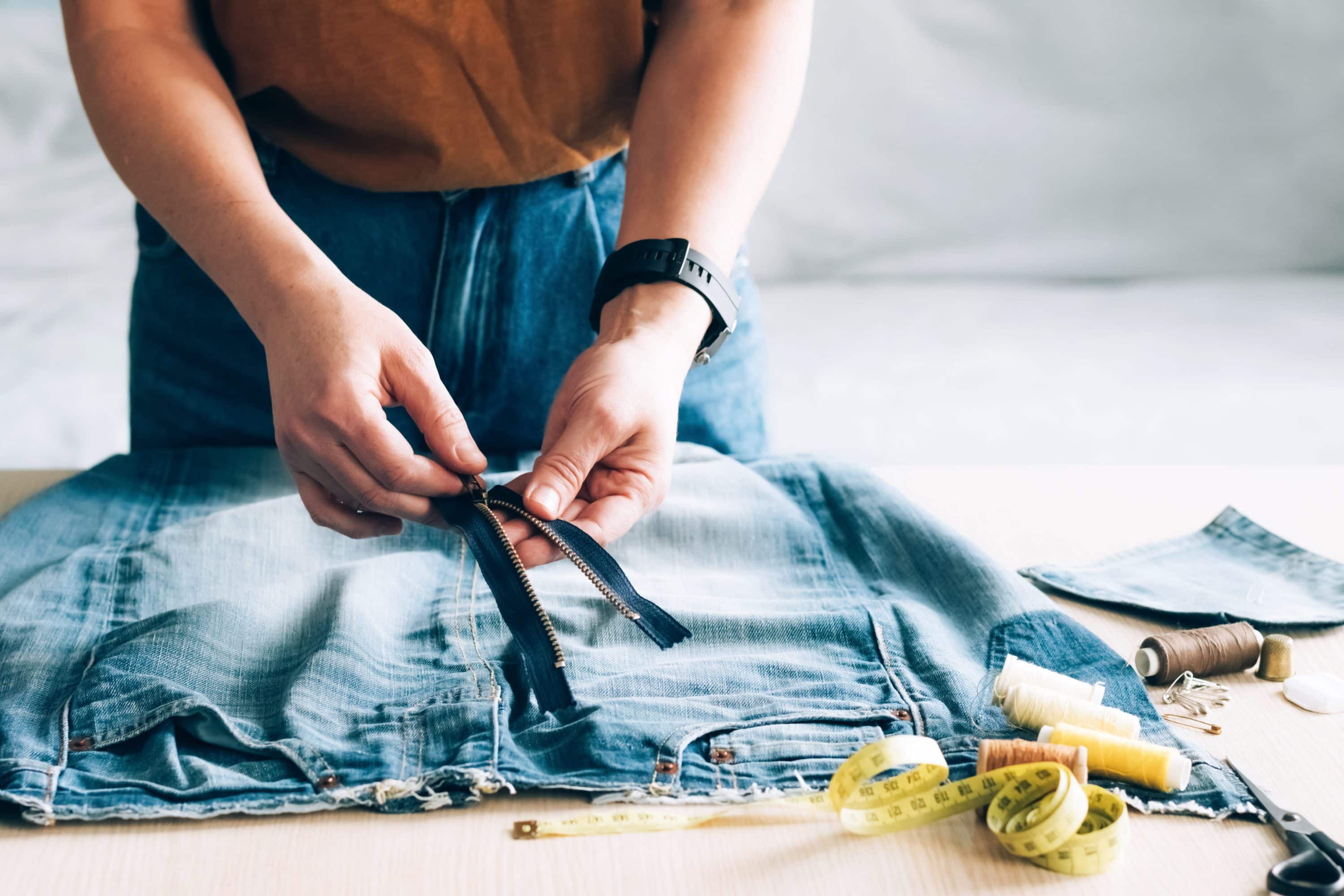
In a backlash to the throwaway culture, Australian consumers want more durable and repairable products.
Sustainability is now firmly a focus for today’s customers, who are increasingly contemplating the social and environmental impact of their purchases before they buy.
And both industry and government are taking note, actively seeking sustainable solutions to meet consumer demand and making sustainability a company priority.
Craving sustainability
As part of our annual national survey of 1,000 Aussie shoppers, we asked them how important sustainable factors where when making a purchase, as well as their engagement in sustainable lifestyle practices.
The results showed shoppers exhibit a high level of awareness when it comes to making non-grocery purchases, with more than half (52 per cent) of Aussie shoppers telling us it this was an important factor.
For these who had purchased clothes, footwear and accessories over the last three months, 70 per cent said they had considered sustainability. Personal care was another important area of focus (49 per cent) followed by household goods (42 per cent), and books and stationery (38 per cent).
Just over a quarter of shoppers also factored this into their consumer electronics purchases (26 per cent); toys and games followed at 24 per cent, with travel and tourism (21 per cent), media and entertainment (18 per cent), automotive (16 per cent) and sporting goods and equipment (16 per cent).
Our surveyed shoppers were also asked to rate the importance of a range of product features typically associated with sustainability.
Most shoppers (85 per cent) indicated durability was important when making non-grocery purchases, as was repairability (73 per cent).
These two features are of particular importance as more durable and reusable products result in less energy use, water use and waste.
Additionally, a third of shoppers (38 per cent) have reduced the number of new products they purchase and a high proportion of shoppers were likely to pay more for products that were durable and repairable (67 per cent and 56 per cent respectively).
Supporting locally produced products
Another important feature of sustainable products is that they are locally produced, which offsets costly carbon emissions from shipping and transportation.
Governments and consumers have been rallying to support local businesses ravaged by the COVID-19 pandemic.
Now in a post-pandemic environment, supporting locals has remained salient to Aussie shoppers.
Sixty-three percent of shoppers rated locally produced as important when making non-grocery purchases, while 53 per cent of shoppers were willing to pay more for locally produced products and 44 per cent had purchased a locally sourced/ produced product in the last three months.
Buy local, and bring your own bags

From a lifestyle perspective, most Aussie shoppers are engaging with sustainable lifestyle practices and are committing to them.
Ninety-six percent of Aussie shoppers engaged in at least one of these sustainable practices surveyed in the last three months: ‘bringing my own shopping bags to stores’ (77 per cent); ‘recycling product waste’ (62 per cent); and ‘buying locally sourced/ produced products’ (44 per cent).
Strikingly, of these shoppers, 94 per cent, 93 per cent and 70 per cent respectively reported that they do these activities frequently.
Of the shoppers who did not engage in these activities, a large proportion expressed an interest in doing so in the next three months (67 per cent, 60 per cent, 50 per cent respectively).
Willing to pay more
Consumers are not just prepared to pay more for locally produced items. Forty-five per cent said they are also willing to pay more for products they find to be ethically produced.
A further 42 per cent would pay more for products that are packaged in recycled material.
It’s clear that Aussie shoppers are increasingly more conscious of the environmental impact of their purchases and everyday activities and believe they can make a difference – and many retailers are getting on board.
One retailer that exemplifies durable and repairable products, for example, is the premium outdoor clothing and gear brand, Patagonia.
The brand has an “Ironclad Guarantee” allowing customers to repair, replace or refund products that do not meet expectations.

Patagonia is a brand that exemplifies durable and repairable products.
Patagonia also provides DIY repair guides, repair services and even a dedicated Worn Wear Repair Hub at the Patagonia Sydney store.
More recently, Patagonia donated all non-voting stock to the Holdfast Collective, a non-profit dedicated to the climate crisis.
All profits, after re-investing into the business, are used as a dividend to support the non-profit organisation.
More businesses demand sustainable practices
Other businesses are focusing on incorporating local manufacturing and suppliers over overseas alternatives to reduce their carbon footprint.
A notable example is Alpha-H, an Australian-made skincare brand with manufacturing facilities on the Gold Coast.
All their suppliers are certified sustainable sources and are locally sourced where possible. In addition, all their liquid waste is diverted to local land revegetation projects.
Other retailers are embedding sustainability into company policy and growth agendas, while the Australian consumer watchdog listed consumer and fair trading issues in relation to environmental claims and sustainability as one of their compliance and enforcement priorities for 2022-2023 (and began their online review of at least 200 brands for misleading sustainability claims).
Yet it’s everyday shoppers driving this change, with consumers taking more responsibility to drive sustainable change through their everyday purchases and lifestyles and wanting businesses to enable change.
A report published by EY Australia found that half (54 per cent) of Aussie consumers believe it’s their responsibility to drive businesses to better social and environmental outcomes.
Only a third (34 per cent) of Australians believed what they do does not make a big enough impact on the environment.
This consumer lead sustainable product revolution is underway, and it’s a movement that is gaining momentum. Thankfully, businesses and the government are responding to the call.


